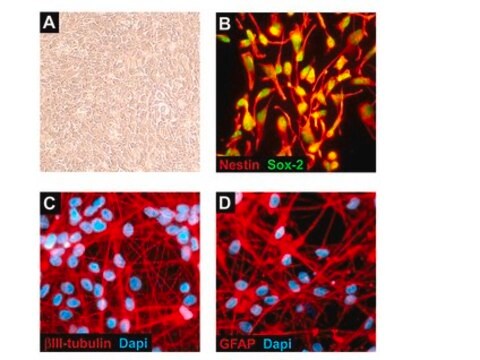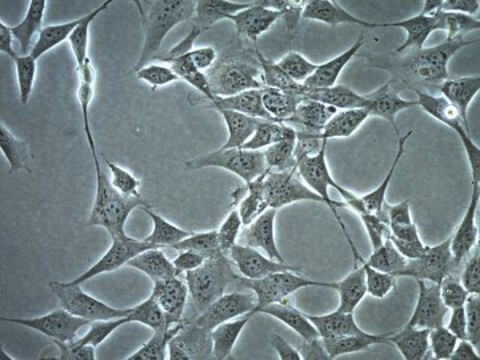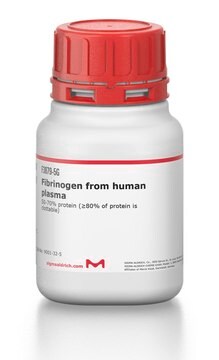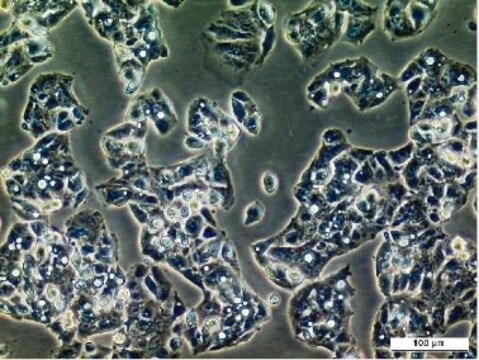PC-12 Cell Line from rat
NOTE: Both the cell line and DNA from the cell line may be available for this product. Please choose -1VL or VIAL for cells, or -DNA-5UG for DNA, 88022401, rat adrenal gland (phaeochromocytoma), Not specified
Sinónimos:
PC12 Cells
About This Item
Productos recomendados
biological source
rat adrenal gland (phaeochromocytoma)
packaging
tube of 5 μg 88022401-DNA-5UG
pkg of vial of cells 88022401-1VL
growth mode
Suspension
karyotype
Not specified
morphology
Not specified
products
Catecholamine, dopamine and NPP
receptors
Not specified
technique(s)
cell culture | mammalian: suitable
relevant disease(s)
cancer
shipped in
dry ice
storage temp.
−196°C
Cell Line Origin
Cell Line Description
Application
Culture Medium
Subculture Routine
Other Notes
Elija entre una de las versiones más recientes:
Certificados de análisis (COA)
It looks like we've run into a problem, but you can still download Certificates of Analysis from our Documentos section.
Si necesita más asistencia, póngase en contacto con Atención al cliente
¿Ya tiene este producto?
Encuentre la documentación para los productos que ha comprado recientemente en la Biblioteca de documentos.
Nuestro equipo de científicos tiene experiencia en todas las áreas de investigación: Ciencias de la vida, Ciencia de los materiales, Síntesis química, Cromatografía, Analítica y muchas otras.
Póngase en contacto con el Servicio técnico






